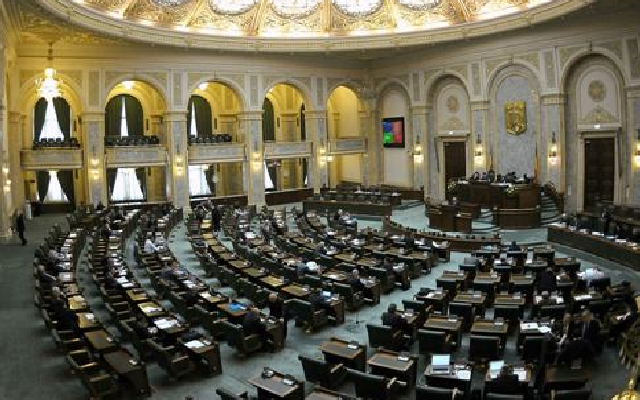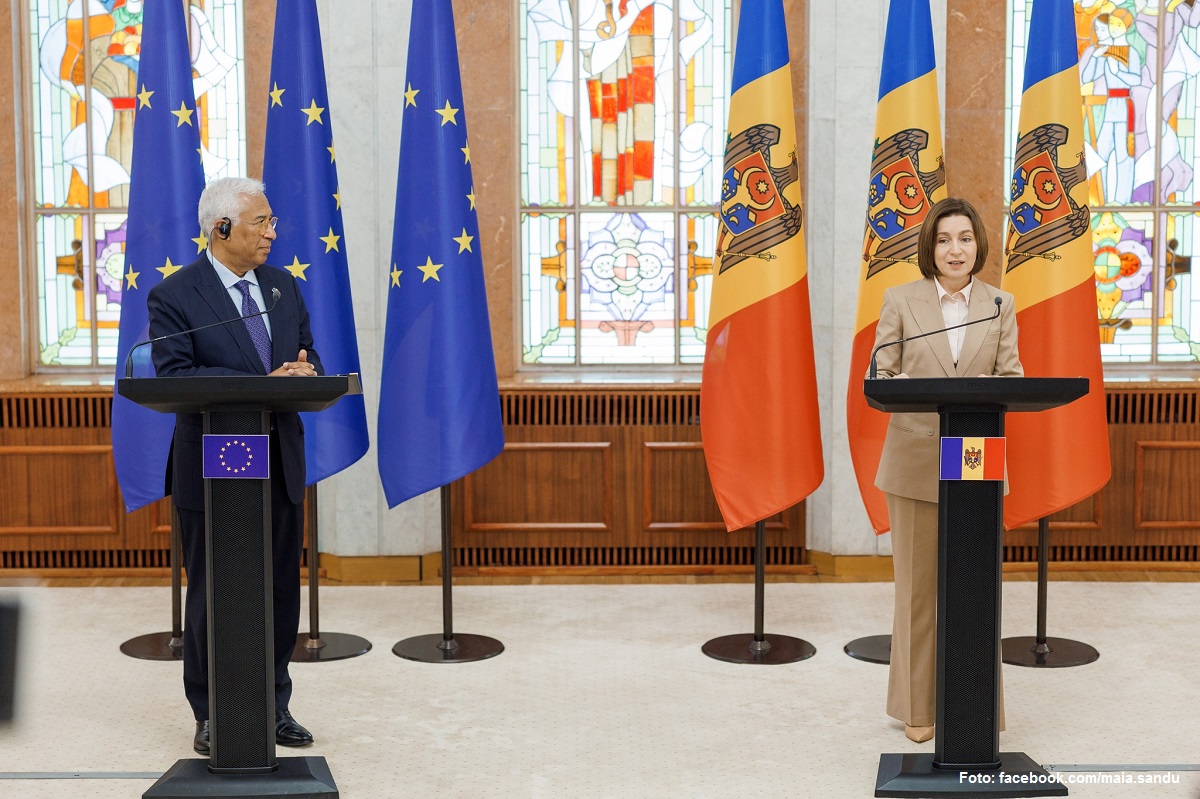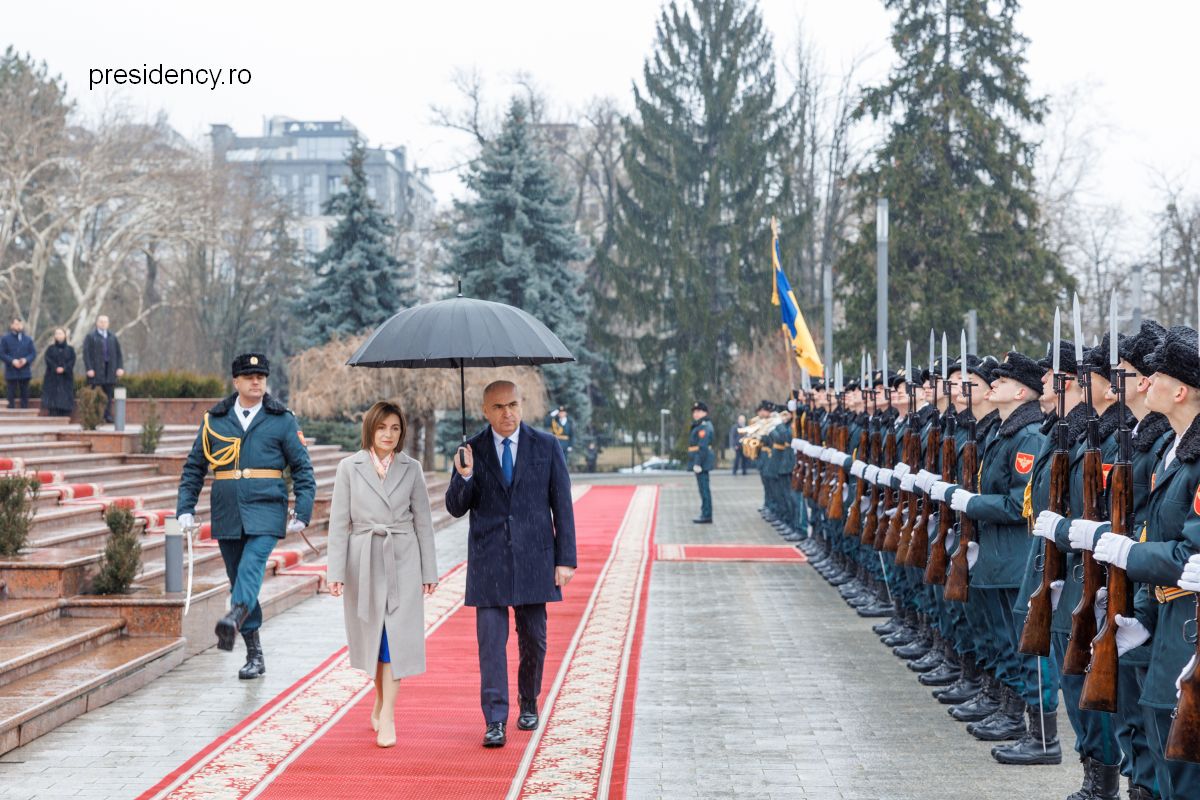The Senate’s decisions challenged
The former Romanian foreign minister, Titus Corlăţean, cannot be prosecuted in the case of the 2014 voting in the Diaspora, and the local officials will receive special pensions.

Leyla Cheamil, 22.06.2016, 13:40
Ahead of the
parliamentary recess, the Romanian Senate on Tuesday passed several
controversial decisions that have been challenged. The first refers to the
rejection of the draft law empowering the Government to issue emergency
ordinances during the parliamentary recess.
Following an unprecedented decision in the past 25 years, the draft law
was rejected by 77 votes, obtaining only 25 votes for and 8 abstentions. The
draft law stipulated the main areas in which the Government was empowered to
issue emergency ordinances, such as the public finance and the economy,
regional development and public administration, healthcare, justice, culture,
agriculture and transports. However, the Chamber of Deputies will have the last
say in that matter.
The Social Democrat senator Serban Nicolae motivated that
decision saying that it was in the interest of Romania and its citizens that
this technocratic Government should manage only the current issues. On the
other hand, the Liberal Senator Puiu Haşotti
said that rejecting the Government’s request to issue ordinances during the
parliamentary recess had never happened in Romania, and even in the case of
minority governments, the deputies had complied with the government’s request.
In another
development, the Romanian Senate decided to give special pensions to mayors,
deputy mayors, the presidents and vice-presidents of county councils after at
least one whole term in office. The measure will not benefit those officials
who received definitive sentences while in office, and the special pension
received as a local official cannot be cumulated with the MP pension. Supported
by the Social Democrats, the draft law was challenged during the debates by the
Liberals who claimed the measure was populist. The Liberal Senator Octavian
Motoc believes that the mayors should have higher salaries, not special
pensions. Another decision passed by the Romanian Senate and criticized even by
the Romanian President Klaus Iohannis refers to the Social Democrat senator
Titus Corlăţean, who was
accused by the National Anti-Corruption Directorate of abuse of office and of
preventing citizens in the Diaspora from exercising their right to vote.
Titus
Corlăţean cannot be prosecuted
in the case of the 2014 voting in the Diaspora at the November presidential
election because the Senate did not comply with the National Anti-Corruption
Directorate prosecutors’ request to lift his parliamentary immunity. The
prosecutors claim that, in the context of organizing the elections, in his
capacity as foreign minister, Titus Corlăţean
acted in a discretionary manner in organizing the polling stations abroad, thus
obtaining undue benefits in favor of Victor Ponta, the presidential candidate
nominated and supported by his own party. Prosecutors say Corlăţean limited the number of Romanian
citizens who could exercise their right to vote aboard. In November 2014 the
Romanian citizens in the big European cities of London, Dublin, Madrid, Paris
and Vienna denounced the small number of polling stations and of the staff in
the election committees.






























